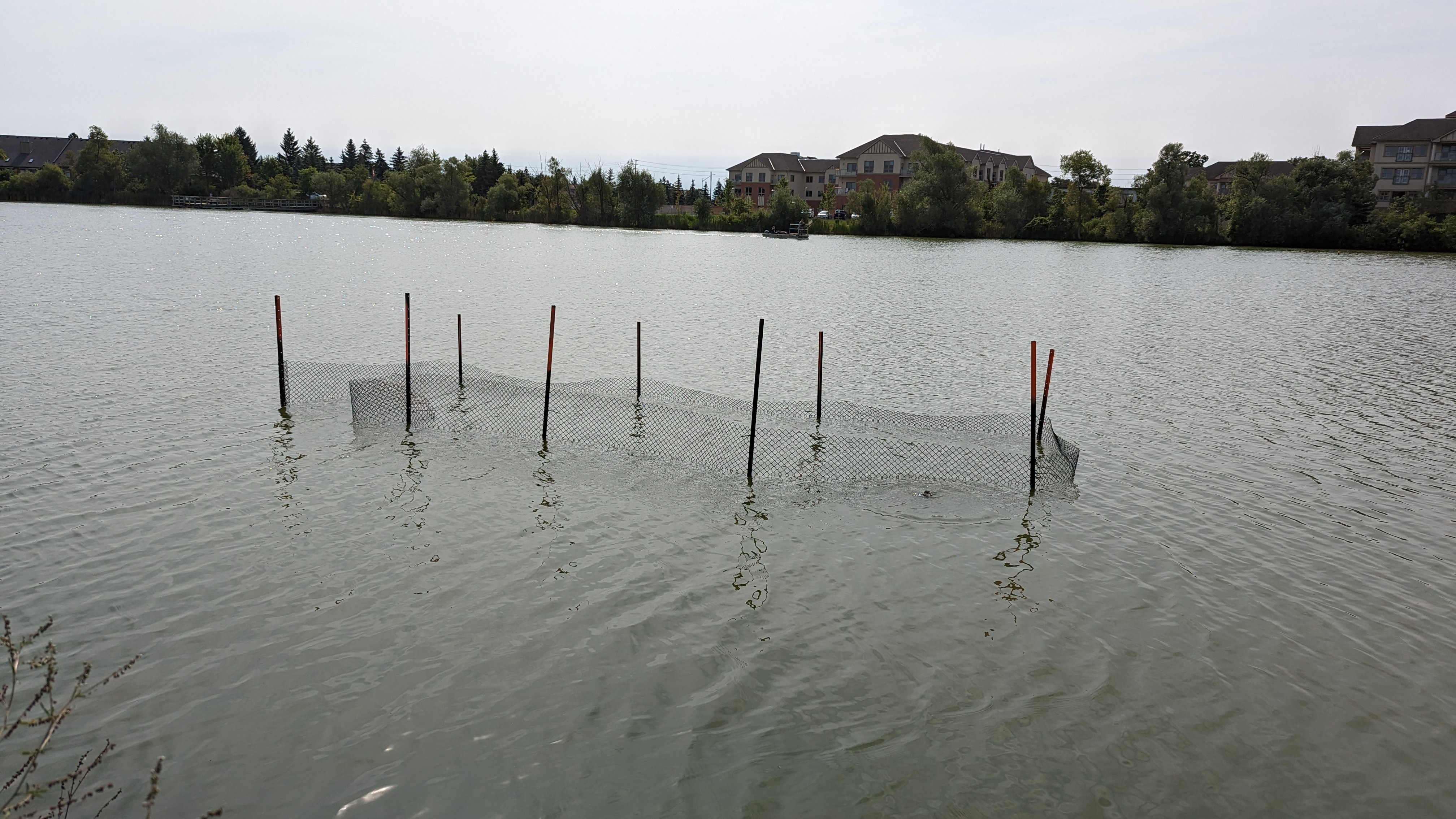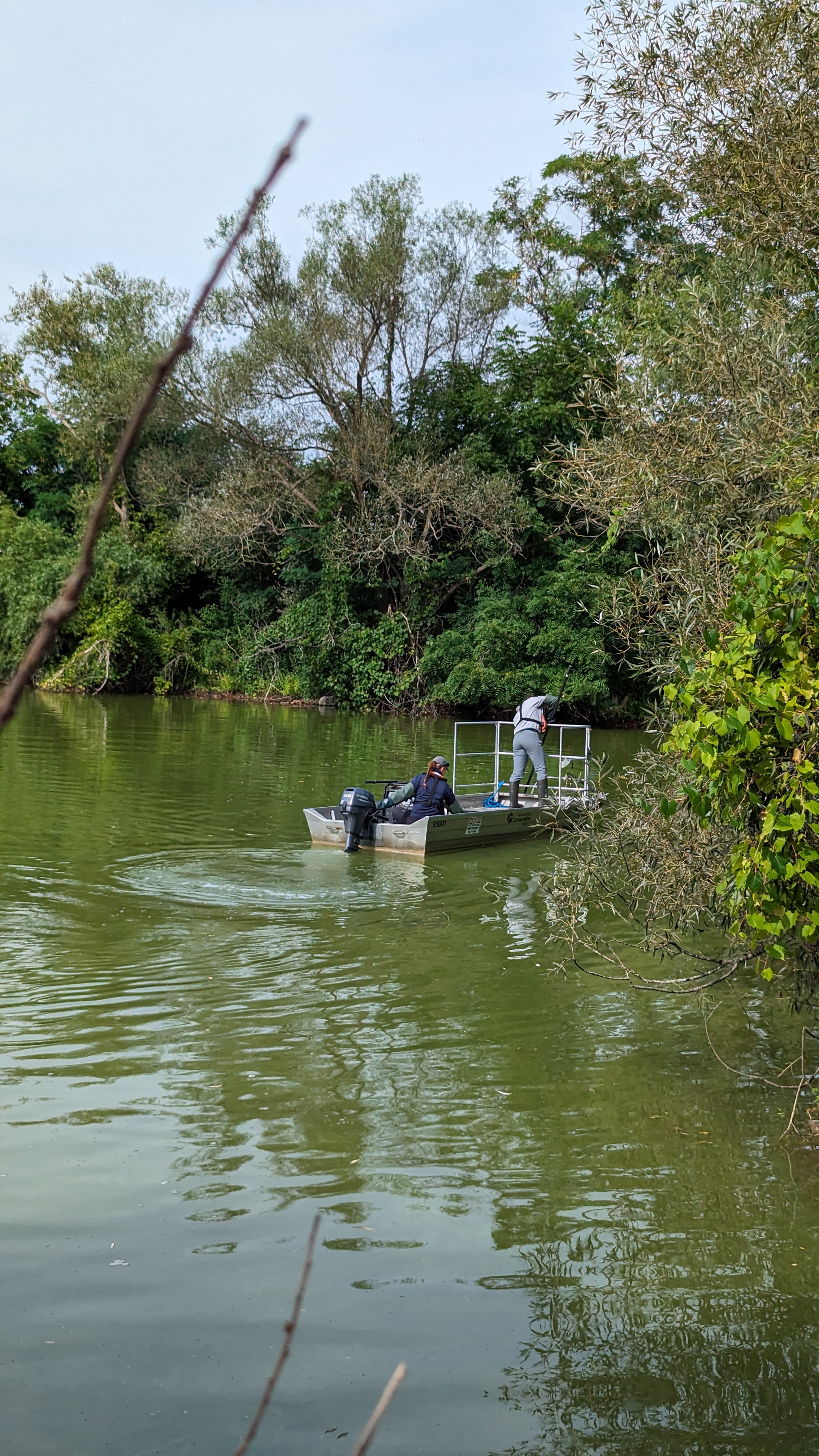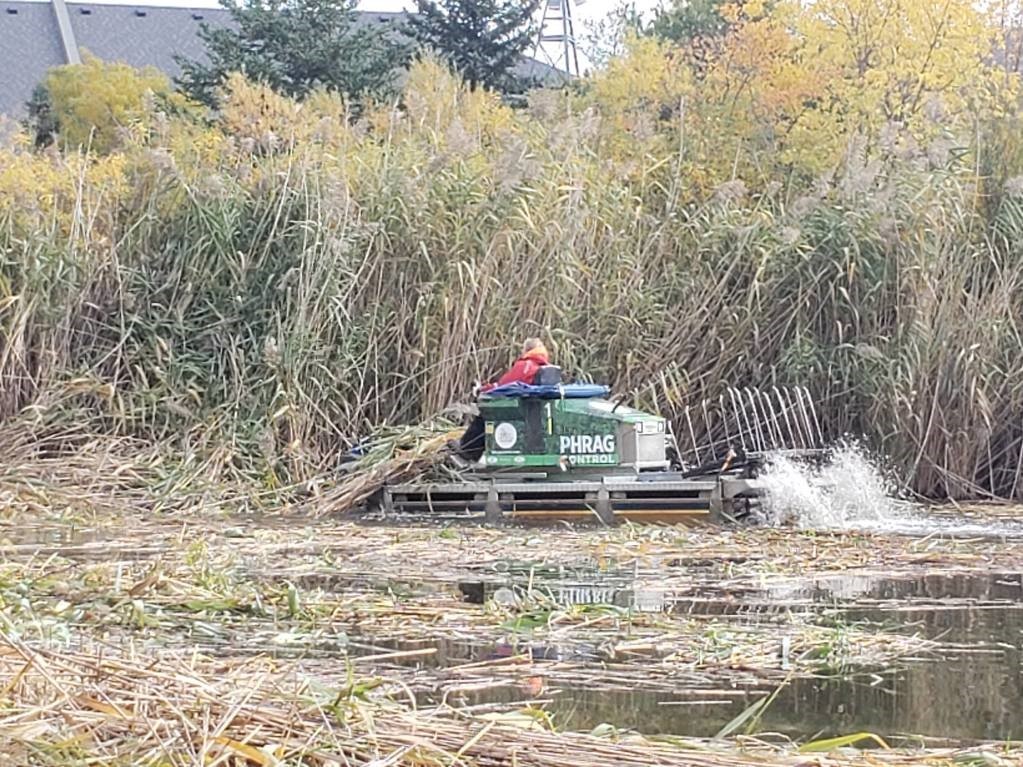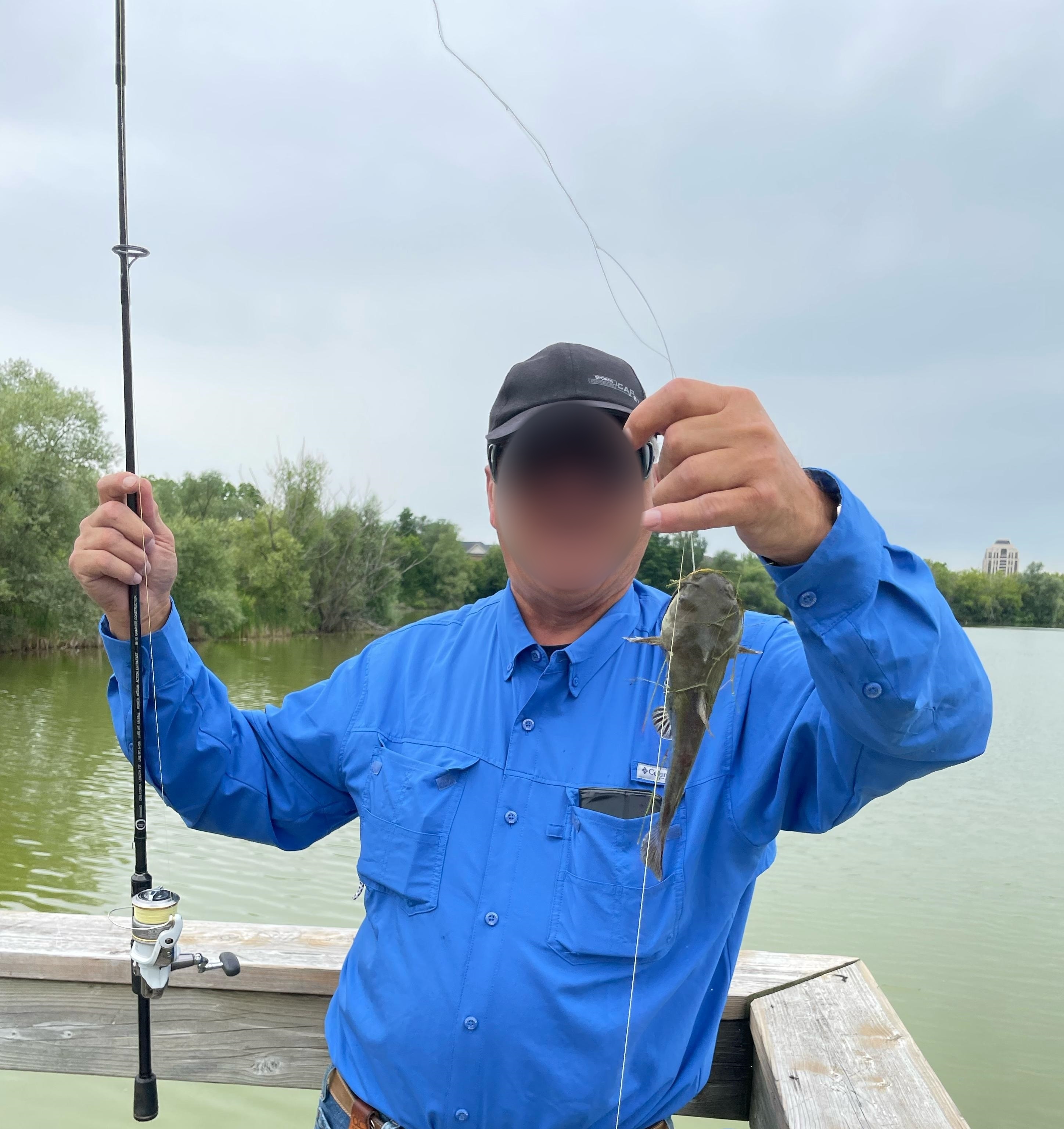Swan Lake
Swan Lake is situated in the City of Markham at the intersection of Sixteenth Avenue and Williamson Road.
A gravel pit in the 1960s and 1970s, Swan Lake is currently a community feature near the heart of Historic Markham Village, surrounded by multiple trails, a playground and urban development.


Background
Given that Swan Lake is a former gravel pit, the water in the lake tends to be very stagnant, which has led to poor water quality. There have been reports of water quality issues since the area around the Lake was developed in the mid-1990s. Due to high phosphorus levels, significant algal blooms were present during the summer months. In 2011, the City initiated a monitoring program of the Lake to measure and monitor the water quality.
Council authorized a chemical treatment to help improve the Lake water quality, and in 2013, 25 tonnes of Phoslock (A non-toxic clay product capable of removing phosphorus from the water and capping phosphorus in the bottom sediment ) was applied across the Lake. Phoslock treatment resulted in a 60% reduction in total phosphorus in the surface and mid-layers of the Lake and increased water clarity.
Over time, the nutrient levels in the Lake have risen again due to the presence of Canada Geese in Swan Lake Park and through release from sediment.
In 2020, the City developed a water quality improvement strategy for Swan Lake, and the Council supported the study recommendations, including annual measures to reduce nutrient inputs from geese and a chemical treatment program commencing in 2021.
In August 2021, 13 tonnes of Poly Aluminum Chloride (PAC) were applied to the Lake in a controlled manner over several days. Preliminary observations and testing indicated promising results with this application. Phosphorus concentration after treatment dropped by about 75% and water clarity increased by about 100%.
A long-term Management Plan was received by the Markham Sub Committee in November 2021 and was approved by the Council in December 2021, including provisions for annual geese management and for chemical treatment every three years.
PAC treatment in 2021 resulted in about 75% reduction in both phosphorus and nitrogen compounds in 2022. As per the Long-Term Management Plan, the next treatment is planned for 2024. The reduction in nutrient levels was accompanied by an increased in oxygen levels which improves the aquatic habitat.
In order to lower the amount of algae in the Lake, additional measures are being implemented, including planting of submerged aquatic vegetation. In addition to competing with algae for the available nutrients, aquatic vegetation will also provide habitat for zooplankton and prevent the sediment from releasing more nutrients.


Water Quality - Chloride
De-icing materials used for winter maintenance of roads, parking lots and walkways are the primary sources of chloride in urban lakes. The amount of salt usage and hence chloride draining to the Lake depends on environmental variables and de-icing/snow removal operations.
The City prescribes and tracks the quantity of salt distributed to the City roadways based upon current and future forecast models and temperatures to determine the required action and material usages in compliance with the desired service level of service and applicable regulations.
Residents are encouraged to follow best
practices in road salt management such as the one recommended by the Transportation
Association of Canada.
Chloride is persistent and does not biodegrade, readily precipitate, volatilize, or bioaccumulate. It does not adsorb readily onto mineral surfaces and therefore when introduced, concentrations remain high in surface water.
In recent years, redirecting some of the runoff away from the Lake (through the clearing of a pond inlet) has resulted in significant reduction in chloride concentration in the Lake, also improving habitat quality.
The City is also evaluating other options to manage chloride including sewer flow diversions, while ensuring that flood risk is not increased. The City will also be conducting research on chloride treatment technologies.
Annual Monitoring Program
Water quality monitoring of Swan Lake has been conducted annually since treatment in 2013 to track water quality and the continued effectiveness of the Phoslock. The ongoing monitoring program allows for continuous assessment of the water quality in Swan Lake and will be used to help refine and adapt the long-term plan for water quality improvement in Swan Lake.


Algal Bloom and Toxicity
High nutrient concentrations, and a lack of permanent flow in and out of Swan Lake had resulted in the growth of different groups of algae, including green algae, diatoms and bluegreen algae (a.k.a. cyanobacteria). Blooms of cyanobacteria are not only unsightly when they form scums on the Lake surface, but they may also produce toxins such as Microcystins which are toxic to humans, pets, and wild animals upon contact or ingestion.
The 2021 chemical treatment reduced the amount of bluegreen algae significantly, however, some other algae types have persisted, resulting in lower water clarity than desired.


Geese Control
Geese are the primary external source of nutrients in the Lake. Therefore, active geese management is completed annually. The geese control program started in 2014, focusing on resident geese. The program extended to the management of migratory geese in 2016.
In 2020, the City reviewed additional geese management measures in consultation with subject matter experts and area residents. Council approved additional hazing and the installation of nine strobe lights to be implemented immediately.
Geese management activities were further enhanced in 2021 through more frequent hazing, removing existing nests and eggs, and relocating resident geese to a farm away from the Lake.
While the waterfowl number in Ontario has been reported to have doubled over the last ten years , the Swan Lake geese population has decreased since the inception of the geese control program, indicating the efficacy of the program.


A volunteer program was also initiated through which residents can submit observations about the geese present at the Lake through a survey application. For more information on how to collect and submit geese counts, please scan the QR Code.
Fish Management
The current fish community in Swan Lake mainly consists of Common Carp (non-native), Brown Bullhead, and Fathead Minnow. This composition is not considered well-balanced, and the bottom-feeding species are also detrimental to the longevity of chemical treatments. These species were removed from the Lake before the 2021 chemical treatment, as well as in 2022 and 2023. Once the water quality improves, the City will work with environmental agencies to develop a fish management plan, which may include stocking with more diverse and desirable fish species.


Swan Lake Park Refresh
Following Council approval , a number of improvement projects have been completed in Swan Lake Park during 2021 and 2022 in addition to City-wide parks improvements, as well as in support of the water quality program, including:
- Park pathway resurfacing and extension to complete the trail loop around the Lake
- Shoreline improvements and public consultation on future shoreline restorations, including spraying and removal of Phragmites and establishing geese barriers
- Plantings in the naturalized area on the north side, adding to previous pollinator plantings
- Public outreach signage to raise awareness of the natural habitat
- Understory plantings and removal of some invasive species

Recreational Activities
Activities like skating, swimming or tobogganing are not allowed Swan Lake.
Release of unwanted fish or aquarium pets in the Lake is not permitted. Residents are also advised against removing turtles from the Lake.
Fish catch and release is allowed but residents are advised against consumption of any amount of fish from the Lake.

Community Meeting on Program Update
Members of the public interested in the Swan Lake water quality improvement program were invited to a public meeting to learn about:
- Details of the water quality improvement program
- Achievements of the program since it started
- Upcoming activities in 2024
- Ways to get involved in improving water quality and habitat health
- How to find more information
Where and When:
- Markham Museum Transportation Hall 9350 Markham Rd, Markham
- March 25, 2024 | 6 to 8 PM
- Meeting presentation link
Council Reports:
-
Update on Swan Lake Water Quality (February, 2013)— see Report
-
Swan Lake Water Quality Improvement Program (June, 2020)— see Presentation
-
Geese Management at Swan Lake: Overview of Options and Path Forward (September, 2020)— see Presentation
-
Swan Lake Long-Term Management Plan (November 2021) — see Report
-
Swan Lake 2021 Water Quality Status and Updates (May 2022)— see Presentation
-
Swan Lake 2022 Water Quality Status and Updates (May 2023)— see Presentation
For more information, please contact:
Robert Muir, Manager, Stormwater
Email: rmuir@markham.ca
Phone: 905.477.7000 x 2357
- ${title}${badge}